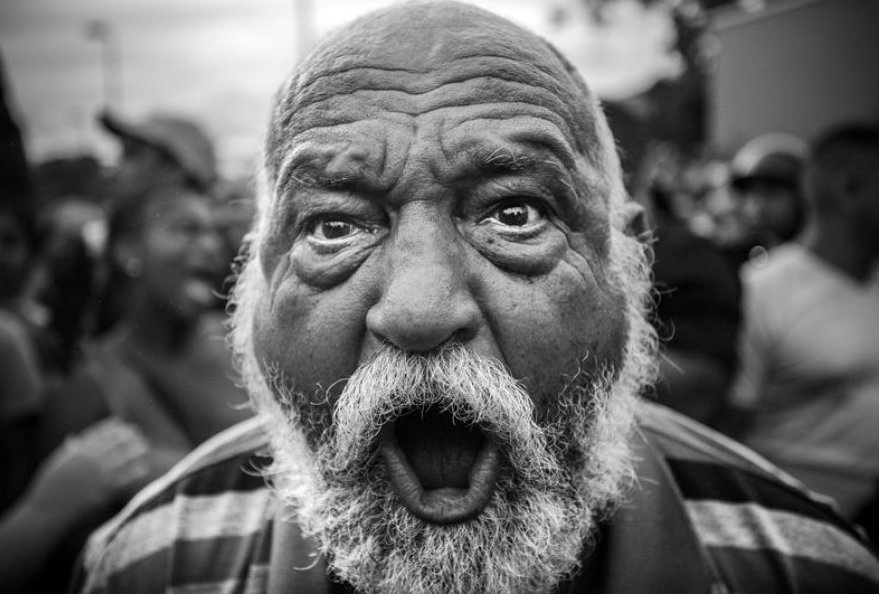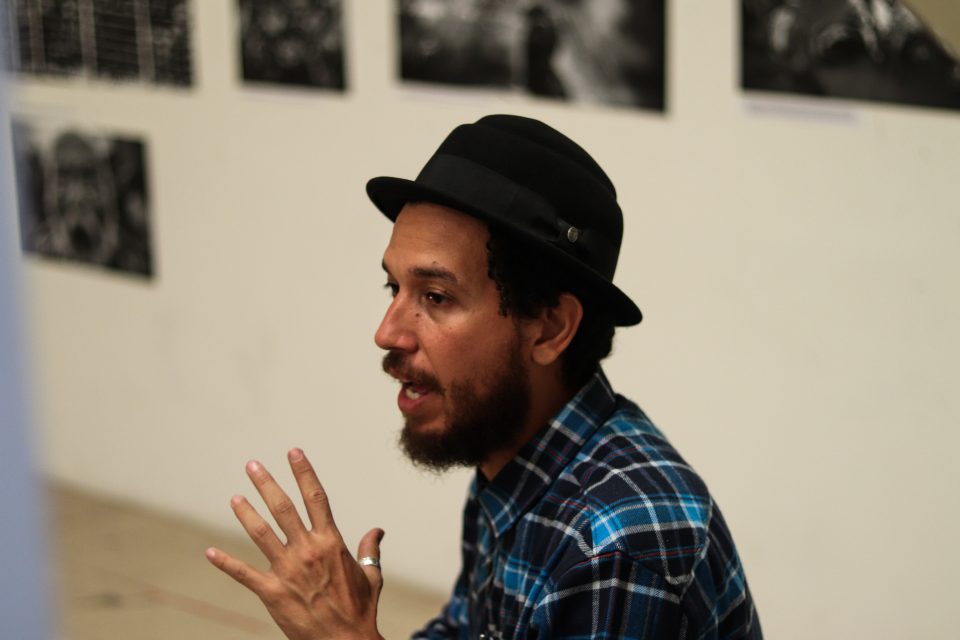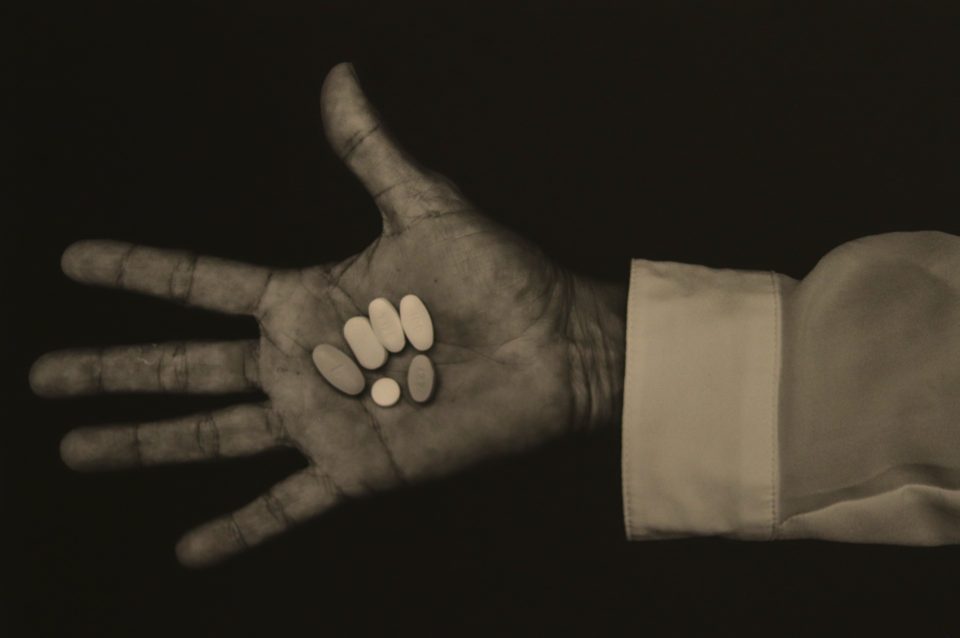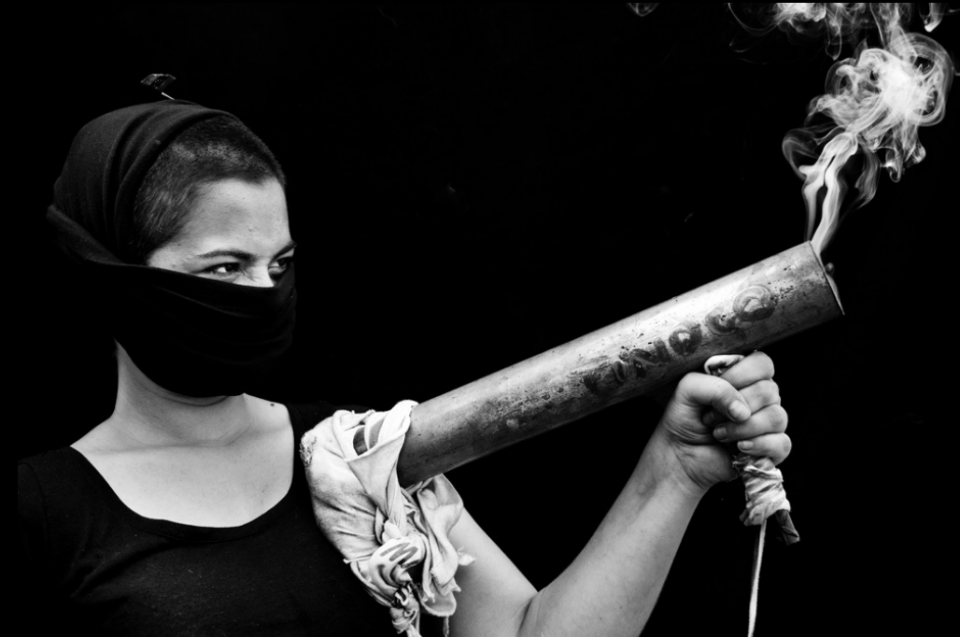
Media coverage of Venezuela’s deteriorating situation has centered on political leaders and Western responses, with little focus on the personal plight of individual citizens. Local photographer Oscar B. Castillo has spent the last ten years of his life documenting this underserved narrative: the impact of conflict and violence on the day-to-day lives of Venezuelans.
The Hugo Chavez administration and its lingering consequences have devastated Venezuela over the last two decades, causing hyperinflation, economic recession, food shortages, a ruined oil industry, and significant increases in crime and poverty. Media coverage of the country’s deteriorating situation has centered on political leaders and Western responses, with little focus on the personal plight of individual citizens. Local photographer Oscar B. Castillo has spent the last ten years of his life documenting this underserved narrative: the impact of conflict and violence on the day-to-day lives of Venezuelan citizens. The result is an effective case study on how to connect the outside world to underreported barbarity.
Oscar Castillo grew up in Venezuela’s bustling urban capital of Caracas where he later became interested in photography. His work is dedicated to providing an in-depth perspective on how violence impacts everyday life in his country. In order to authentically accomplish this goal, Castillo spent a decade following a diverse range of people, including security forces, government-supported paramilitary units, street gangs, and regular civilians.
This project has been a very personal and meaningful journey for Castillo, who proclaimed, “The exciting thing – the only exciting thing – is trying to better understand, to see more, and to compare different aspects of the current situation and its history.”

Castillo’s greatest motivation behind his work on this project has been to reflect on the situation that is unfolding in his home country. After witnessing the direct impacts of the conflict on the lives of the elderly who can’t afford medicine or on a child who struggles to get a meal each day, he says he has gained a greater appreciation for the interrelated factors that contribute to Venezuela’s ongoing cycle of violence as well as a deeper understanding of the mechanics of conflict, not only on a socio-political level but on a human level. “You understand how fragile the social fabric of a society can be and how easy it is to break, even if the people are highly resistant and do their best to survive adversity and not let it destroy them,” Castillo explains.
Castillo’s photographs range from close-up portraits to sweeping shots that capture the pain and suffering that has been inflicted upon ordinary people. One frame displays the extended hand of an old woman who cradles the precious remaining pills she has to ease the pain of her ailing health. Another portrays ill-equipped resistance fighters and protestors in action.

Castillo says that the documentation process is both physically and emotionally exhausting, with access to subjects often difficult to obtain. “You need focus and strength, but this work hits you where you feel it most. It hits you in such a personal way,” Castillo says. Some of his photographs depict people he knows personally, many of whom who are now incarcerated or dead. Nevertheless, his dedication has not faltered over the years and he intends to continue his work in Venezuela. “[I did not think] that I was going to get sucked into this crazy vortex that has shaken my life, my country, and my photography.”
According to Castillo, his photographs offer a visual timeline of Venezuela’s deterioration. “I think some represent a very important moment and are representative of a variety of situations,” he explains. His photographs also demonstrate his evolving approach to capturing painful moments. Portraying human experience through photography is a powerful method to allow people to reflect on the various aspects of war and its daily impact, and Castillo’s work gives viewers an intimate glimpse into the pain inflicted on all those affected. “It’s interesting, it’s hard, it’s challenging, but it’s important,” he states simply.

Castillo hopes that people walk away from his work with increased curiosity. His goal is not to interpret history for viewers but, rather, to provide a visual medium that conveys a broad spectrum of feelings, ideas, and stories. “I believe I have achieved something good if people walk away with more questions and critiques because that means they are contemplating the information, ideas, and points of view I have tried to present through my lens,” Castillo adds.
Castillo has been sharpening his visual storytelling skills through other projects undertaken in Mexico, India, and Argentina. Now, he wants to re-deploy his expertise in Venezuela and to continue his mission to document the underreported suffering that has befallen his fellow citizens. Through his photography, he hopes to create a space for his subjects’ voices to be heard. “The subject is the person best qualified to talk about their experiences and we have to find ways to amplify and disseminate their messages and stories,” he concludes.
A selection of Oscar Castillo’s photographs was compiled into an exhibition titled “Venezuela: The Collapse of a Dream”, which was recently featured during the 2018 WARM Festival in Sarajevo. Organized by the WARM Foundation in collaboration with the Post-Conflict Research Center (PCRC), the WARM Festival brings together artists, reporters, academics, and activists around the topic of contemporary conflict.






